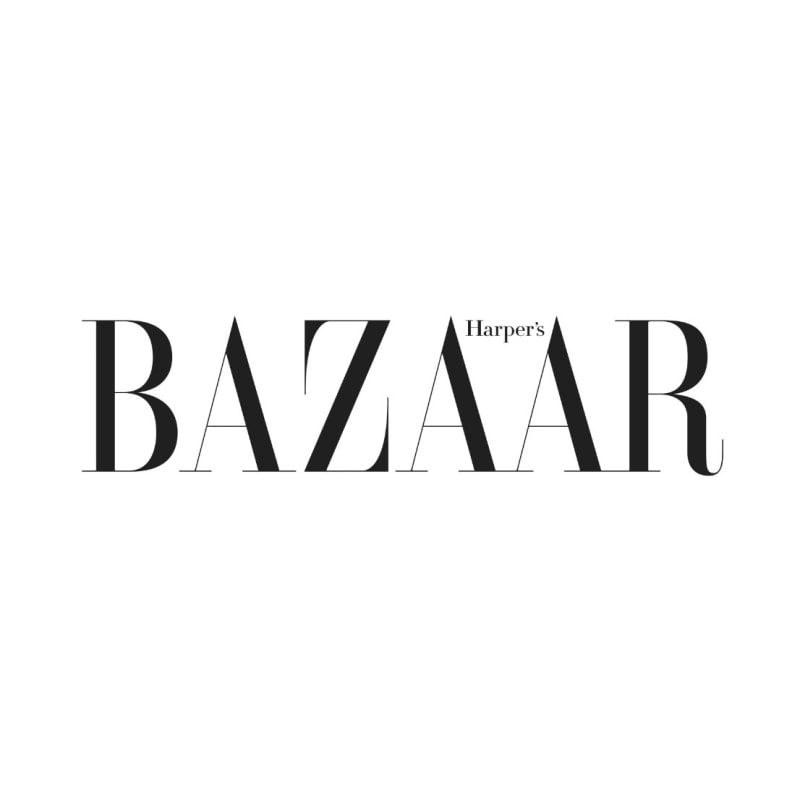In Zoë Buckman’s recent exhibition “Bloodwork” at Pippy Houldsworth gallery, the British-born artist looks to blood as a product of violence, as evidence of disease and as an emblem of kinship: ties that bind. Like Amer and Self, she turns to needlework for its evocation of the intimate feminine realm. Vintage textiles that once communicated domestic respectability are, here, evidence of private tension.
Buckman embroiders texts that might as well be bloodstains: threats, and mournful admissions of heartbreak and desire. Many come from her poem “Show Me Your Bruises, Then”, a meditation on violence, sexual assault and female friendship that forms the script of a recent film performed by Sienna Miller and Cush Jumbo.
“Bloodwork” touches on Buckman’s experience of miscarriage: a vanishingly rare subject for art, and one of outwardly invisible pain and grief. The stigma attached to both the loss of a child and abortion contributes to a cultural climate in which issues related to the female body become unmentionable – and by extension vulnerable to external control. In 2020, Buckman participated in “Abortion is Normal”, an “emergency” exhibition organised by Marilyn Minter, Laurie Simmons and others on the New York art scene, intended to bring the subject back into the open. Under pressure from the religious right in the US, Minter noted at the time, abortion was becoming a taboo topic: how can you fight for something you no longer felt empowered to discuss?
Buckman draws a direct connection between the reversal of Roe v Wade and violent abuse toward women. “Here I am, yet again, being reminded of how I am smaller than you,” she says, recalling the leaked documents on 3 May as both shocking but also horribly unsurprising. It’s a sentiment that echoes a text work released by Barbara Kruger at the time: “If the end of Roe is a shock, then you haven’t been paying attention.”
In 1998, Paula Rego drew on her own experience in paintings of 10 defiant women going through back-street abortions. The prints that she made from this series were circulated widely, and even reproduced in Portuguese newspapers, giving a human face to the issue ahead of a referendum legalising abortion in 2007. Artists have the power to keep difficult subjects in the public conversation: their work can help express what feels unsayable. As women’s rights come under attack, the courage, imagination and revolutionary spirit of artists can be the catalyst for change our society needs.

